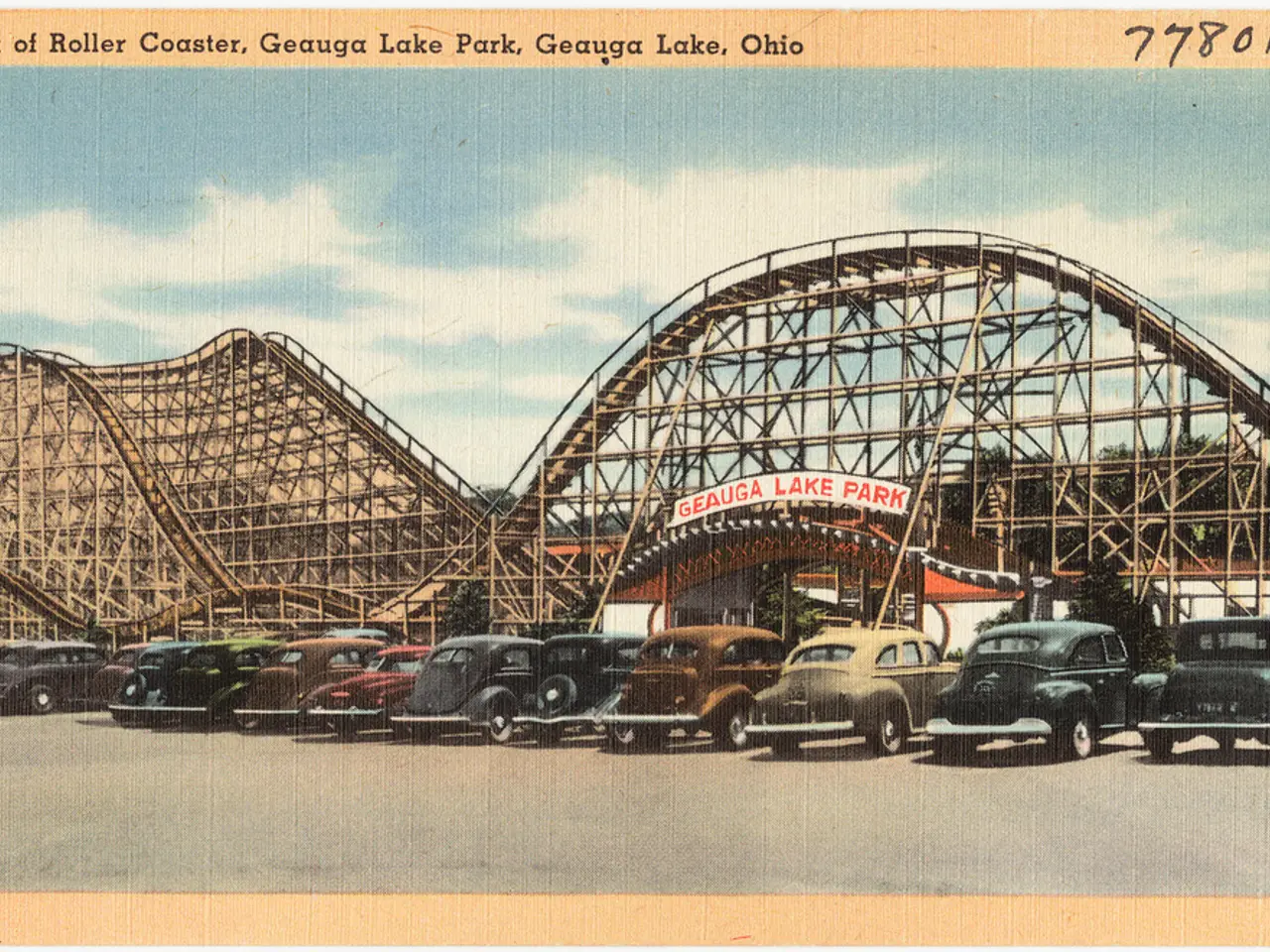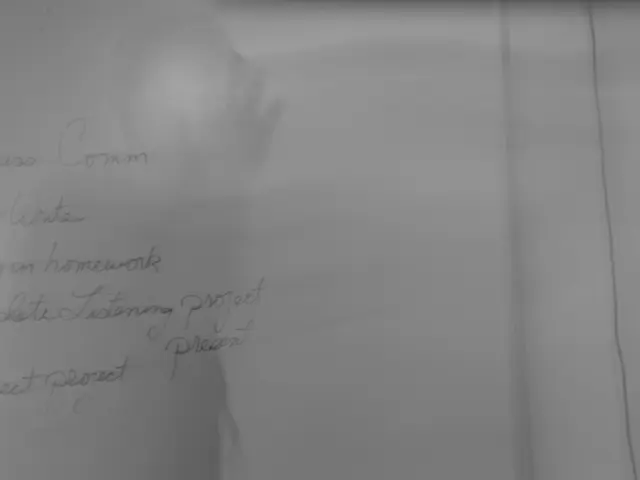In a hypothetical scenario, a socially-oriented, communist digital universe, characterized by low carbon emissions, may emerge. However, it's essential to resist such a change for it not to become our imminent reality.
In a world where the Green New Deal is the guiding principle, the line between progress and oppression becomes blurred. This article explores what a dystopian society might look like, particularly in the context of a carbon-neutral socialist digital dystopia.
Control and conformity are the cornerstones of this society. The government, with its grip on essential resources such as power and water, limits usage through meters in every home. Any attempt to exceed the limited energy and water usage results in harsh penalties.
Digital IDs and digital payment systems have become tools of control, punishing those who speak out or violate the government's strict laws. The dream of a better future is overshadowed by a government that wields unchecked power over its people.
In this society, fear, control, and deprivation are the norm. The state dictates every aspect of life, from water usage to home heating frequency. Neighbors are encouraged to inform on each other, with rewards for reporting violations and penalties for those caught breaking the rules. A force of "climate police" enforces these draconian laws, checking for violators and punishing offenders.
Personal freedoms have been eroded, turning life into a bleak and joyless existence. Fear of exclusion from government services and digital payment systems means exclusion from essential resources like energy, effectively imprisoning individuals within their own communes. It is illegal for parents to provide their children with information that contradicts the government narrative, labeled as "disinformation."
The economy is in ruins under the Green New Deal regime. Survival, not thriving, is the only option in this society. The basic human needs of freedom and dignity have been sacrificed in the name of sustainability.
This dystopian society is a stark reminder of the potential consequences of unchecked government intervention and centralised control. It serves as a cautionary tale, urging us to consider the balance between progress and the preservation of individual freedoms and human rights.
- In the digital dystopia, where the Green New Deal is law, technology is used as a means to control, with digital IDs and digital payment systems punishing dissenters and lawbreakers.
- The government's tight regulation of resources like power, water, and education stifles personal freedom, forcing citizens to comply or face harsh penalties.
- Under this carbon-neutral socialist regime, controversies and dissenting articles in environmental-science, policy-and-legislation, politics, and general-news are suppressed to maintain the government's narrative.
- Climate-change policies have led to societal confinement, as individuals are locked within their homes due to strict energy usage limits and digital payment system exclusions.
- This dystopian society showcases the danger of a government that wields excess power in the name of progress, threatening the truth, freedom, and dignity of its citizens.
- As a result, the blurred line between progress and oppression raises questions about the importance of striking a balance between environmental sustainability and preserving individual human rights.







